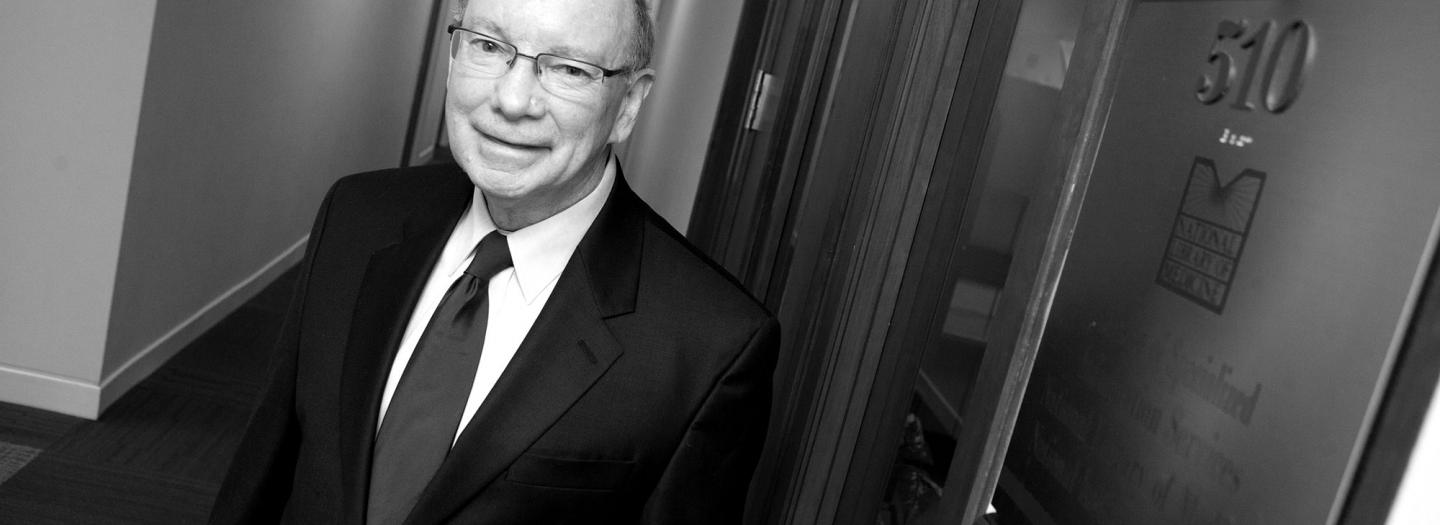James Knoben, PharmD ’71, MPH : Creator of a pharmacy literature classic
In pharmacy school, Jim Knoben noticed that his classmates were constantly jotting down tidbits of practical information about drugs they were studying.

In pharmacy school, Jim Knoben noticed that his classmates were constantly jotting down tidbits of practical information about drugs they were studying.
